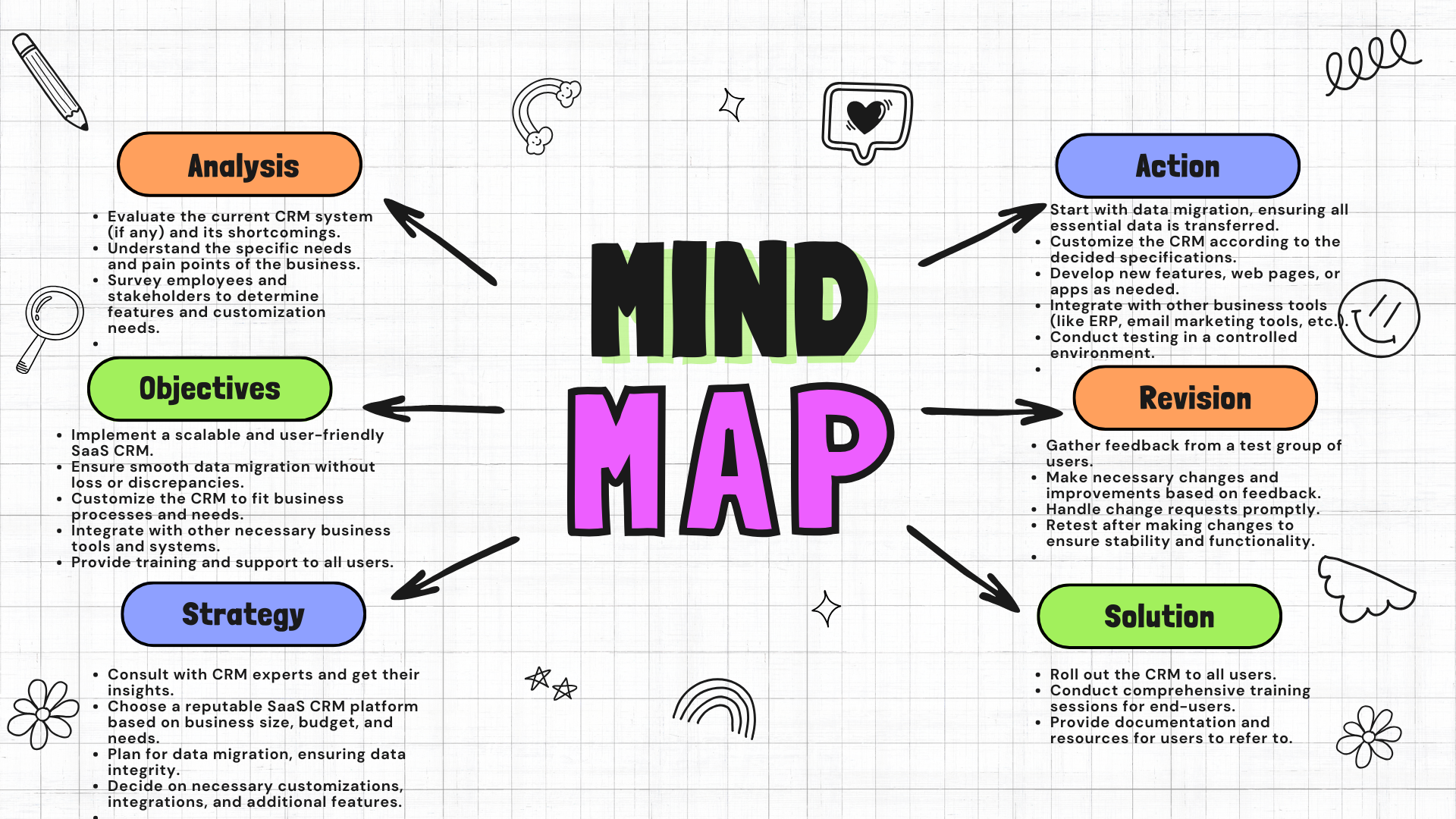Understanding Vector Databases: Revolutionizing Data Storage and Retrieval
Content:
What is a vector database?
A vector database is a type of database designed to efficiently store, manage, and perform operations on Vectors, which are arrays of numbers often used to represent complex data structures in machine learning, artificial intelligence (AI), and other computational fields.

In the context of modern data management and analysis, vector databases are particularly crucial in handling large-scale, high-dimensional, and complex data sets, like those used in image recognition, natural language processing, and similarity searches.
Key Characteristics and Uses:
-
Handling High-Dimensional Data:
Traditional databases are well-suited for scalar values (like integers and strings) or simple, structured data.
However, they often struggle with high-dimensional data (data with many attributes or features), which is where vector databases excel.
They are designed to handle and index large volumes of Vectors efficiently.
-
Efficient Similarity Search:
One of the primary uses of vector databases is to enable fast and efficient similarity searches.
For example, in a vector database containing image representations, a query image can be converted into a vector using an AI model, and the database can quickly retrieve images with similar vector representations.
-
Machine Learning Integration:
Vector databases are inherently designed to work with machine learning models, particularly those involving Embeddings.
Embeddings are vector representations of complex, unstructured data like text, images, and audio.
These databases can store and query these Embeddings directly, facilitating AI and ML operations.
-
Scalability and Performance:
They are built to handle large-scale datasets that are common in AI/ML applications, offering high performance and scalability, even with extremely large and complex datasets.
-
Application in Various Domains:
From recommending products based on user preferences in e-commerce to supporting advanced features in content discovery platforms (like finding similar images or documents), vector databases support a wide range of applications.
Technical Mechanisms:
-
Indexing:
Vector databases use advanced indexing mechanisms to manage high-dimensional data efficiently.
Unlike traditional indexing, which is based on sorting and tree-based structures, vector databases might use algorithms optimized for nearest neighbor searches in high-dimensional spaces.
-
Encoding and Decoding:
They often involve encoding complex data (like text or images) into Vectors using neural networks or other machine learning models, and then decoding these Vectors for various applications.
-
Query Processing:
These databases can process complex queries that involve finding the nearest Vectors (e.g., the most similar images or text documents) to a given input vector.

Examples:
-
Image and Video Retrieval Systems: Storing and querying high-dimensional Vectors representing image or video content for similarity and retrieval.
-
NLP Applications: Managing word or sentence Embeddings for tasks like document similarity, sentiment analysis, and machine translation.
-
Recommendation Systems: Using user and item Embeddings to recommend products, content, or social connections.
Vector databases represent a significant advancement in database technology, particularly for applications in AI, ML, and data analytics, where the efficient handling of complex, high-dimensional data is crucial.
They bridge the gap between traditional data storage and the needs of modern, computationally intensive applications.